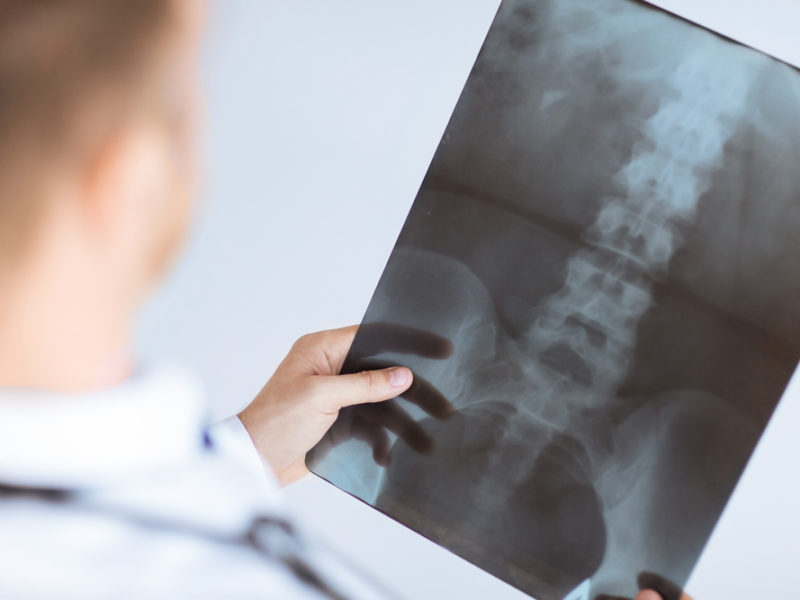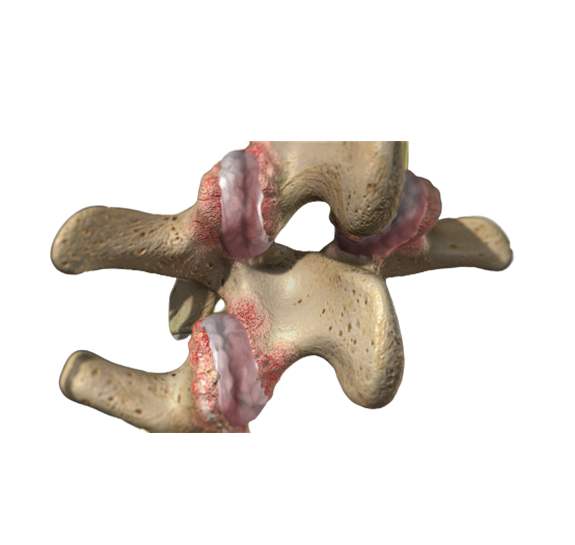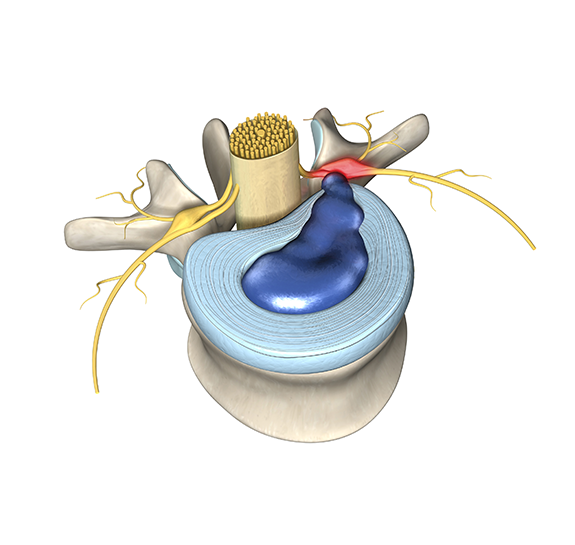6 Steps to Avoid Getting an Infection from Spine Surgery
6 Steps to Avoid Getting an Infection from Spine Surgery https://phoenixspineandjoint.com/wp-content/themes/psjoints/images/empty/thumbnail.jpg 150 150 Phoenix Spine & Joint Phoenix Spine & Joint https://phoenixspineandjoint.com/wp-content/themes/psjoints/images/empty/thumbnail.jpg With any type of surgery, the truth is that an infection caused by bacteria is always a risk. Reduce the bacteria, and you minimize the risk of infection. While these risks are lower in spine surgery, there are six things anyone can do to minimize the possibility of a surgical infection.
With any type of surgery, the truth is that an infection caused by bacteria is always a risk. Reduce the bacteria, and you minimize the risk of infection. While these risks are lower in spine surgery, there are six things anyone can do to minimize the possibility of a surgical infection.
1. Choose the Right Facility
Choosing the right location for your surgery is the first step to minimizing infection risk. Given that hospitals are where people with severe infections go to be treated, ambulatory surgery centers tend to have a much lower rate of infection from spine surgery than hospitals. If you have the choice, choose to have your surgery in an ambulatory surgery center rather than in a hospital.
If you have to have surgery at a hospital, make sure you do your research to ensure it’s a good one. You can find great information on every hospital in the US here. Once you have searched for the hospital you are considering, this resource can give you a sense of the hospital’s infection rate by viewing the graph under “surgical complications” in the “complications” tab.
2. Find the Right Surgery
Choosing the right type of surgery is another way to help minimize your infection risk. Instead of making a large incision and pulling muscle off of bone with retractors, surgeons are now able to perform minimal access spinal procedures. These procedures utilize a small endoscope or microscope for magnification. Not surprisingly, since minimal access surgery damages much less of your body – it has a much lower risk of infection. The use of dermabond glue ensures that the small incision that is made during surgery is securely closed. This glue then dissolves over the coming week, eliminating the need for stitches to be removed, which can introduce another infection risk.
3. Take an Antiseptic Shower
You also bring bacteria into the operating room on your skin. Some of this bacteria is good bacteria, but some could increase your risk of infection from spine surgery. Using an antiseptic soap like Hibiclens at home the morning or night before kills bacteria on your skin, so you carry less of them into the operating room.
4. Get Underlying Infections Treated
Another important factor in reducing your infection risk is good communication. Make sure to tell your doctor if you have ever had MRSA, or even if other people in your home are currently sick with other common infections, like a cold or the flu. You also need to share with your doctor if you are dealing with health issues that seem unrelated to the reason you are having surgery. You have to be healthy enough to have a safe operation. If you are malnourished, experiencing high stress, or other have other health problems, like a sinus infection or tooth abscess, you should postpone nearly all elective surgeries until you have completely recovered from these problems.
5. If You Smoke, Stop
Pneumonia is one major concern that many people considering surgery have. Following these steps can only do so much for this concern if you are a smoker, which increases your risk of getting pneumonia after surgery by almost ten times. Once you have pneumonia, it can easily spread to your surgical site.
There is actually a way you can calculate your risk of having a complication. It can be worthwhile to calculate your own risk, and discuss these risks with your doctor.
6. Get One Dose of IV Antibiotics
On the day of your surgery, your surgeon should take urine and blood samples to look for signs of an active infection before surgery. One dose of antibiotics given through an IV immediately before surgery has been shown to reduce the risk of an infection at the surgical site. Makes sense, right? Antibiotics kill bacteria. So killing the bacteria right before the incision means there are fewer of them to cause an infection.
Patients often ask about keeping the antibiotics going for a few days after surgery. Unfortunately, giving more antibiotics than a single dose of intravenous antibiotics does not reduce of developing a surgical site infection. That makes sense when you consider there are both good and bad bacteria in the body. Antibiotics throw off the balance by killing all the good bacteria, leaving the bad bacteria behind, unchecked.
After surgery, our best advice to patients is to keep the surgery site clean and shower daily. While everyone thinks about infection, the true risk of getting an infection from surgery is less than 1%, so fear of infection shouldn’t prevent you from having the spinal surgery you need to get back in the game.

- Post Tags:
- infections
- spine surgery
- Posted In:
- Complications









